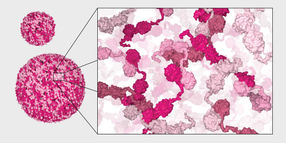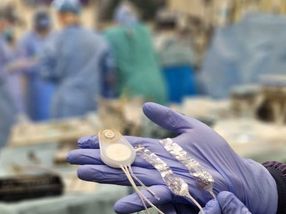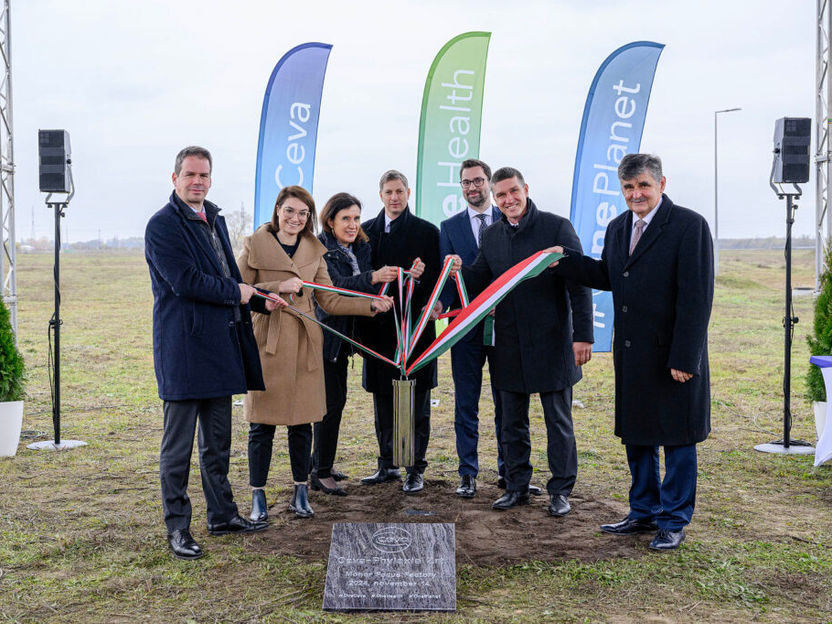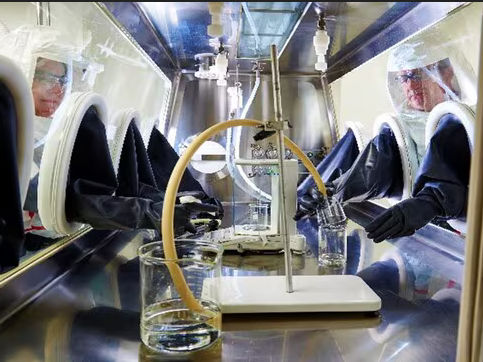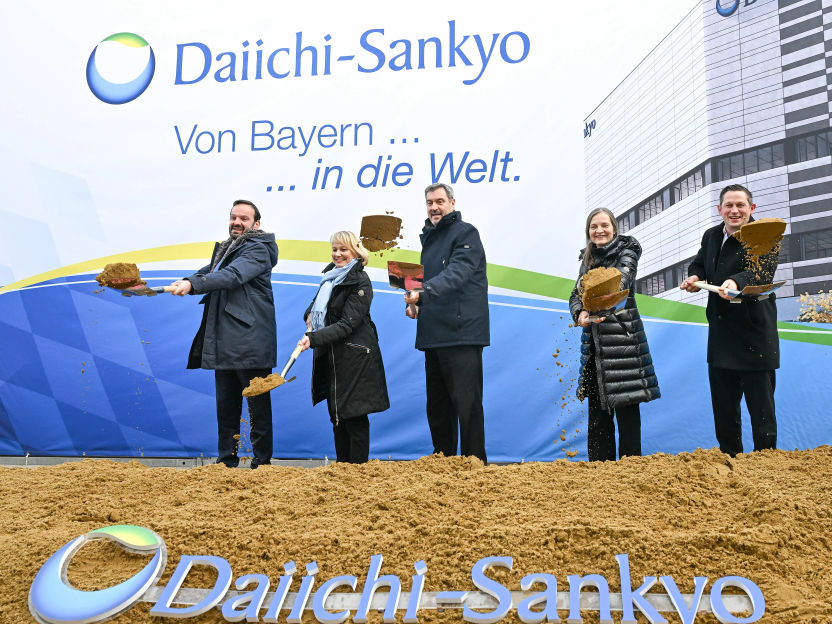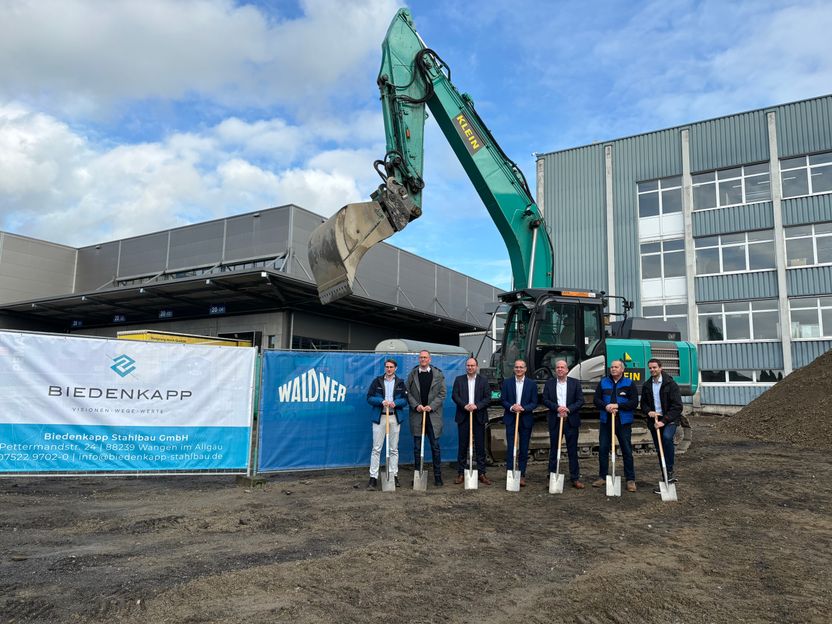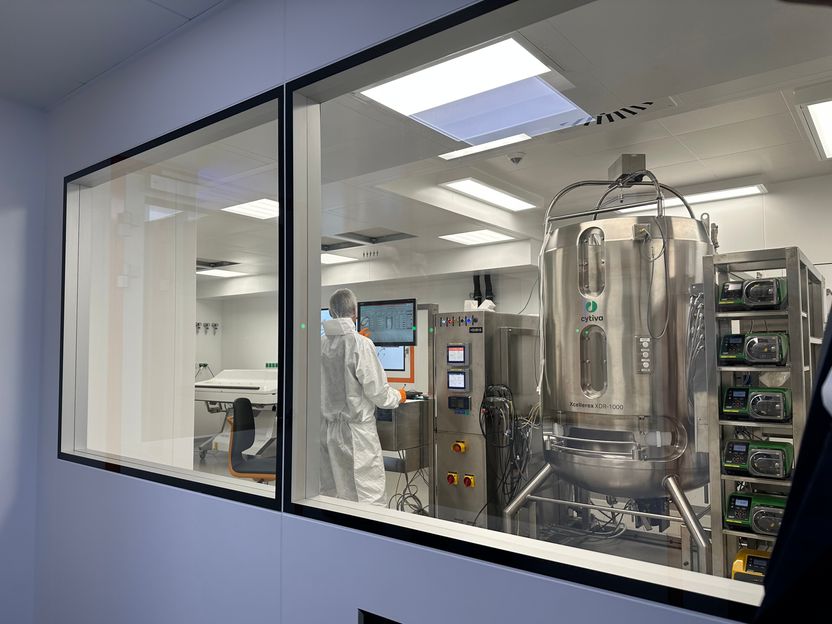Research team achieves breakthrough in environmentally friendly control of invasive pests
Solving a 35-year-old puzzle paves the way for sustainable control of insect pests worldwide
Advertisement
Breakthrough in the control of invasive pests: An international research team led by Justus Liebig University Giessen (JLU) and the Joint Center for Nuclear Techniques in Food and Agriculture of the FAO and the IAEA in Seibersdorf (Austria) has solved a long-standing puzzle in insect biotechnology. For the first time, the gene that ensures that the females of the Mediterranean fruit fly (Ceratitis capitata) do not develop further after heat treatment has been identified. The discovery of the gene behind the temperature-dependent lethality phenomenon (tsl) is a decisive step for the further development of the sterile insect technique (SIT), an environmentally friendly method of pest control.
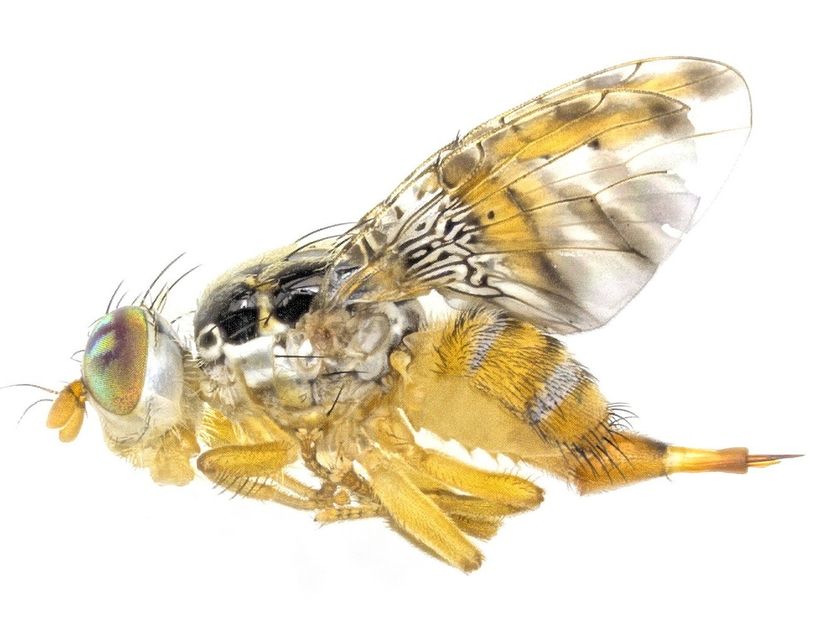
Mediterranean fruit fly.
Marc F. Schetelig
The sterile insect technique is over a century old: insects were first sterilized using X-rays back in 1916. In the 1950s, SIT was successfully used to control the New World screwworm in the USA. Since then, SIT has established itself worldwide as a targeted method for suppressing invasive insect populations in agriculture, animal husbandry and health. However, the efficiency and cost-effectiveness of the method depend largely on reliably separating males and females, as only sterile males are released.
A breakthrough was achieved in the late 1980s at the Insect Pest Control Laboratory in Seibersdorf with the discovery of the tsl mutation and the subsequent development of a genetic method for sex separation in Ceratitis capitata. Female offspring die in the embryonic stage after brief exposure to heat. This enabled the mass breeding of male flies. However, the underlying gene remained unknown for over three decades, which hindered the transfer of the process to other species.
After years of molecular biological research, the breakthrough has now been achieved: The research team identified a point mutation in the lysyl-tRNA synthetase (LysRS) gene, which is highly conserved in insect species. With the help of genome editing, this mutation was introduced into wild-type lines - with the same result: after brief exposure to heat, only males develop. This is the first time that the genetic basis of temperature-dependent lethality has been clearly described and can be transferred to other pests of importance for agriculture and health.
Note: This article has been translated using a computer system without human intervention. LUMITOS offers these automatic translations to present a wider range of current news. Since this article has been translated with automatic translation, it is possible that it contains errors in vocabulary, syntax or grammar. The original article in German can be found here.













